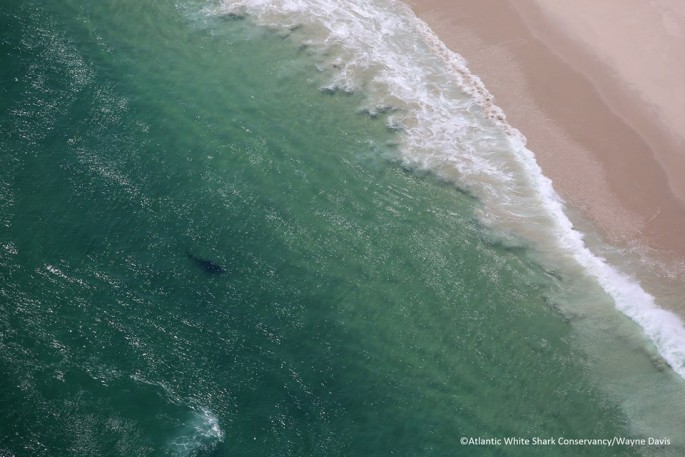Biologists from Massachusetts were carrying out research to identify and monitor great white sharks that were spotted off the coast of Cape Cod including two new sharks dwelling in Chatham's waters last July 28.
Along with these two new sharks, the biologists from the Massachusetts Division of Marine Fisheries have identified 21 sharks in total in Chatham just this summer, according to marine department biologist, Greg Skomal. The research's focus is to develop and determine a population estimate between the middle of June towards October every year.
Local marine biologists have now collaborated with Atlantic White Shark Conservancy researchers to conduct field work out into the waters in order to observe and study sharks, twice a week. Researchers will be careful to go out into a safe distance in order to tag these dangerous creatures to track them in the near future for their location.
Skomal adds that the ultimate goal is to tag all 21 of them however, there are times that they are successful but there can also be instances where their behavior is not conducive for tagging.
In the summer of 2014, five of the 21 great white sharks that were discovered this summer were already previously tagged however majority of the sharks this summer were all newcomers to Chatham coast. During 2014, scientists have identified a total population number of 68 sharks during the research period.
Since researchers were unable to tag all of the sharks, they can also use other techniques to distinguish the returning sharks from the newcomers by their appearance. Scientists rely on their physical features such as the color pattern of their skin, scars and the overall shape of their fins.
Apart from this method, they also use aerial transport such as planes to search for the sharks in the water where they can record them via video which Skomal says is part of the the larger effort for this research.



























